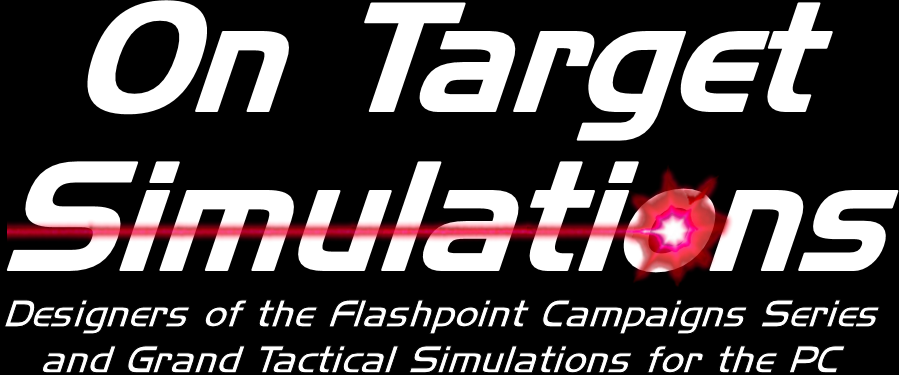Robert Crandall, a developer of text-based computer wargames for Simulations Canada (SimCan) in 1985 – 2001 contacted David Heath of Matrix Games in 2002 to inquire after Matrix’s recent efforts to convert SimCan’s games to a higher production standard and re-release them. David offered the chance to redevelop two games that he felt had particularly sales potential – ‘Red Sky at Morning’ (modern strategic naval) and ‘Main Battle Tank: Central Germany’ (MTBCG, high intensity grand tactical ground combat). MBTCG has been developed by SimCan for the Canadian Armed Forces as a training aid for junior officers to disabuse them of the notion that war is a game of chess-like abstraction and perfect intelligence. Robert opted to redevelop MBTCG as he had been doing mostly air/naval games and was ready for a change.
Using pre-existing unpublished code for an brigade-level operational game (Desert War, 1940 – 1942), Robert converted the core engine to mimic MBTCG and fleshed out more of the features. This game was released as “Flashpoint Germany” (FPG) in January 2005. It was in fact significantly different game from MBTCG by that time and constituted a complete and far more advanced rewrite of all functions and algorithms. The original design intent from MBT – to demonstrate to the player that the modern battlefield is a scene of utter chaos – was preserved though.
FPG received favorable attention in the Matrix forums and Jim Snyder soon emerged as a key contributor. Jim had an extensive wargaming background and considerable development skills in the same computer language as Robert and with a proven release of the mod “Full Canvas Jacket” for the Red Baron flight simulator by Dynamix. Jim and Robert met at the Origins 2006 and agreed to become 50/50 partners in FPG and its successors. Jim coined the name “On Target Simulations” and designed the logo.
FPG went through thirteen further iterations and updates up until October 2007. It remained on sale until August 2013.
Following directly after FPG was an unreleased project called “Flashpoint Middle East” (FPME). The scope of this project was overly-ambitious, and in 2012 Robert decided to spike it and return to Central Germany where the commercial prospects were brighter. The FPME code was rolled over into “Flashpoint Red Storm” (FPRS) and the unfinishable parts were discarded.
In 2012 Erik Rutins of Matrix Games introduced Robert and Jim to Steve Overton, a well-known and prolific scenario designer with hundreds of scenario designs to his credit for a variety of computer wargames. Steve became a partner in OTS and took over the creation of all scenarios.
Also in 2012, Charles Belva, a former FPG forum member joined the team to help with organizing the playtesting and evaluating game playability as a game.
After further intensive development FPRS was released in October 2013. It remains on sale to this day and has had fourteen additional iterations and updates with the latest in November 2017.
After the release of FPRS OTS saw interesting forum posts with respect to terrain analysis and map making from William van der Sterren. William joined OTS in 2014 to be in charge of those specific areas.
The successor game is planned to be “Flashpoint Southern Storm” (FCSS) and the FPRS code was forked in 2015 and work began on yet another substantial rewrite incorporating lessons learned and features that had to be deferred to hit the release deadlines. FCSS is expected to be released early in 2020.
Finally, we recruited another very knowledgeable forum participant in 2015, Jeffrey Sugden, to help with modelling and simulation tasks for new work in the time period 1935 to 2020.
